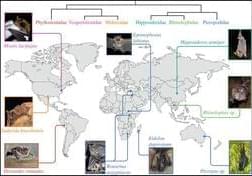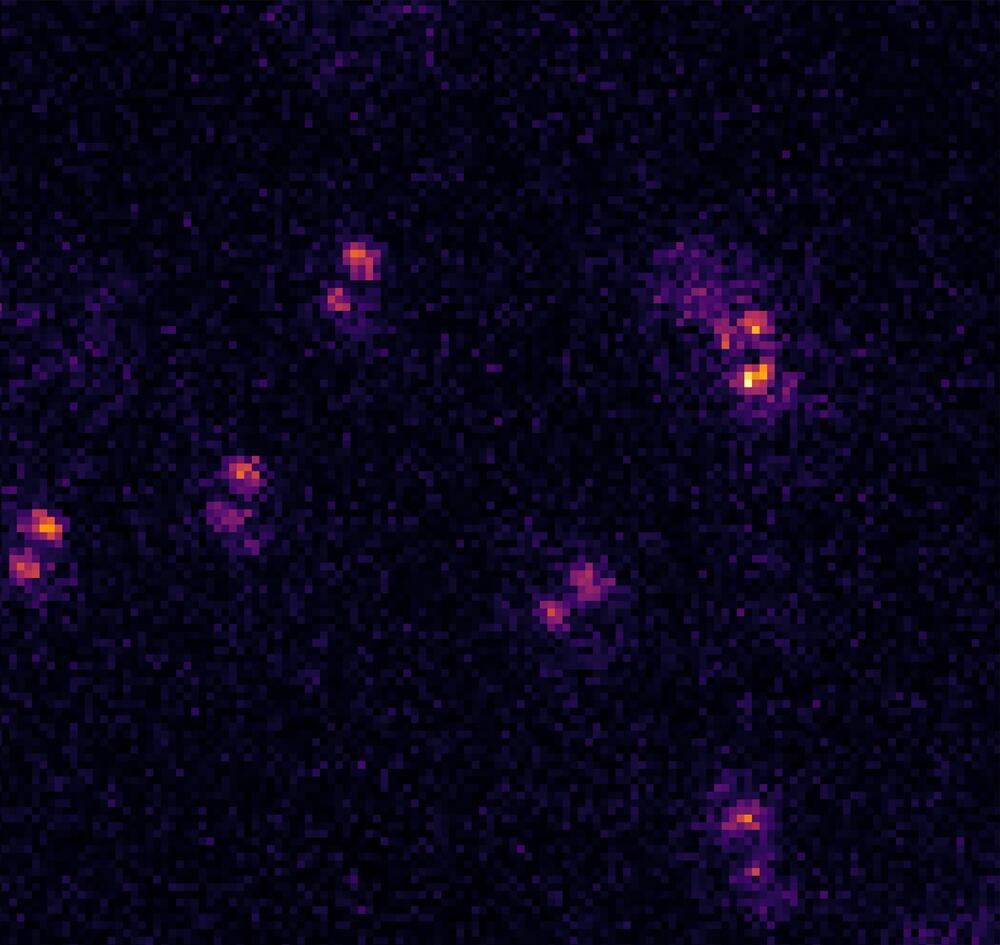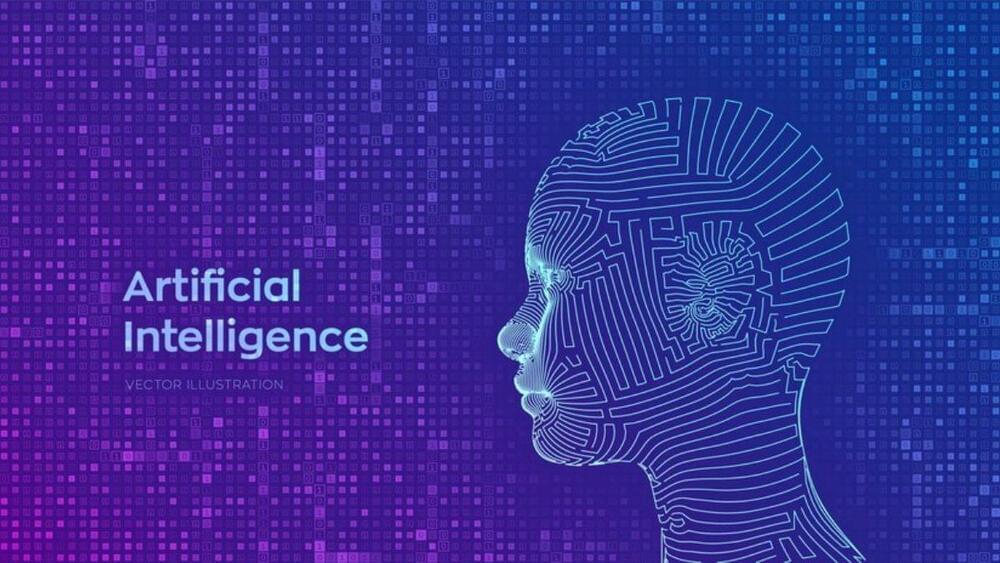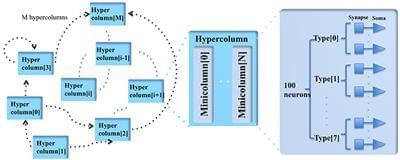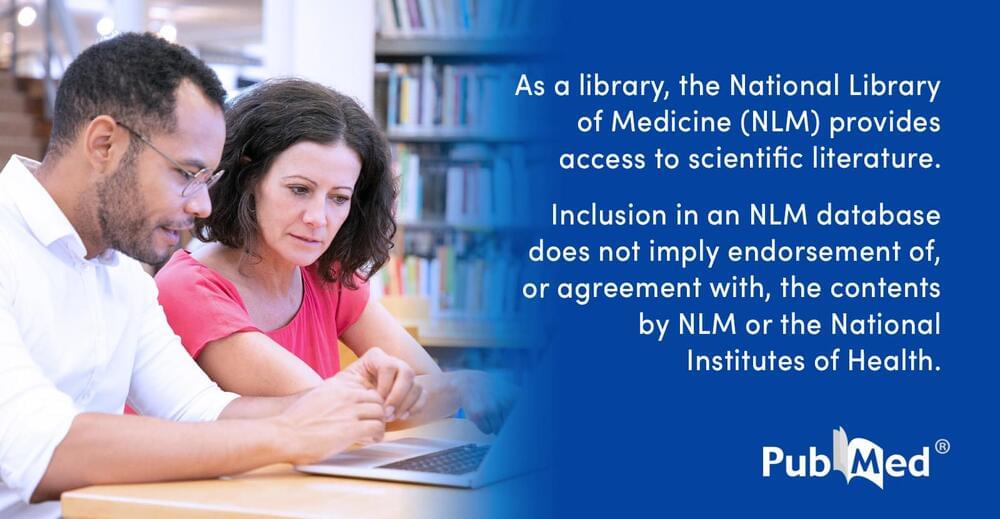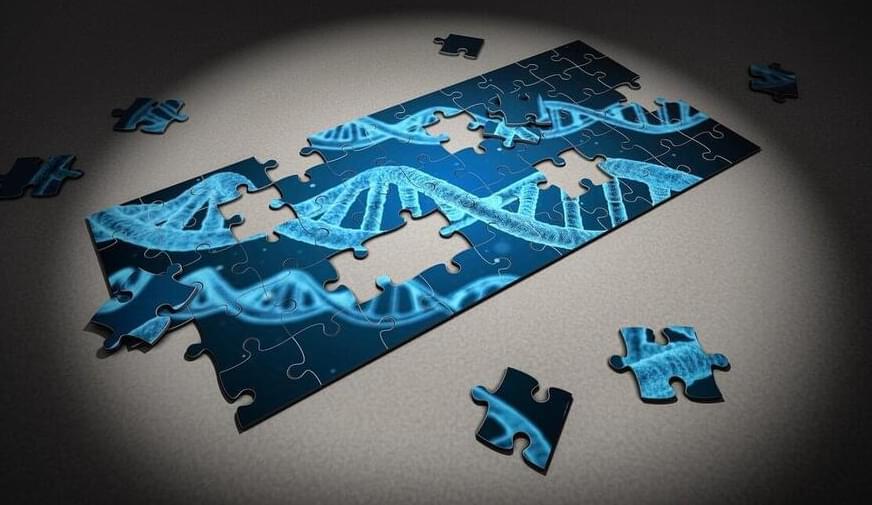Mar 9, 2024
Advances in understanding bat infection dynamics across biological scales
Posted by Shubham Ghosh Roy in categories: biological, biotech/medical
Bats are an important group of mammals to understand the ecology, diversity, and transmission of associated microbes – including viruses, bacteria, and fungi.
Over the past two decades, research on bat-associated microbes such as viruses, bacteria and fungi has dramatically increased. Here, we synthesize themes from a conference symposium focused on advances in the research of bats and their microbes, including physiological, immunological, ecological and epidemiological research that has improved our understanding of bat infection dynamics at multiple biological scales. We first present metrics for measuring individual bat responses to infection and challenges associated with using these metrics. We next discuss infection dynamics within bat populations of the same species, before introducing complexities that arise in multi-species communities of bats, humans and/or livestock. Finally, we outline critical gaps and opportunities for future interdisciplinary work on topics involving bats and their microbes.
Studies of bat-associated microbes (i.e. microorganisms detected in or isolated from bats) date back to rabies virus investigations in the early 1900s [1]. In the past two decades, following the emergence of Severe Acute Respiratory Syndrome (SARS) coronavirus (CoV) in 2003 and SARS-CoV-2 in 2019, there has been a dramatic increase in research on bat-associated microbes, including viruses, bacteria, haemosporidians and fungi [2–5]. These microbes may or may not cause disease in bats, and thus we broadly use the term ‘microbes’ rather than ‘pathogens’ throughout this paper to acknowledge that detecting microorganisms in bats is distinct from the process of determining pathogenicity [6].
